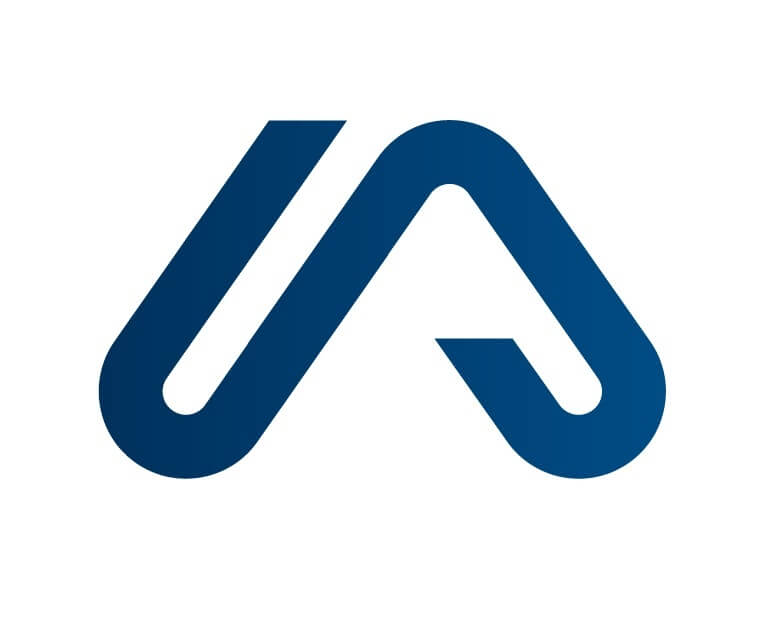Do you have to take your tax return to the tax advisor and all the paperwork is too much trouble for you?
The digital method from ajooda.ch now does all the work for you.
Simply upload documents for your 2021 Lucerne tax return and ajooda’s tax experts will do the rest for you. Digital, fast and secure with ajooda – your partner for finance and taxes.
6 tax deductions that are often forgotten
When the hot phase comes and all the paperwork has to be gathered, tax deductions are forgotten more often than one would like. Of course, we always point this out to our clients in case something is missing. Nevertheless, you should not forget the following points when uploading the documents:
- Weekly commuting costs (double accommodation, transport)
- Deductions for interest on debts
- Donations
- Education costs
- Maintenance payments
- Childcare costs
Withholding tax Lucerne
Foreign employees without a C permit who work in Switzerland are subject to withholding tax. The employer must deduct this directly from the salary and deliver it to the tax authorities.
Withholding tax is automatically levied by the employer on a monthly basis and includes federal, cantonal and communal income tax.
If you are subject to withholding tax, live abroad or your annual gross income does not exceed CHF 120,000 (in Geneva even CHF 500,000), you do not have to fill out the 2021 Lucerne tax return.
The tax burden depends on factors such as marital status, employment status of the partner, dependent children, religious affiliation and certain flat-rate tax deductions.
The withholding tax deduction is the final tax liability unless you are entitled to claim tax deductions (such as those in the list above). If you want to claim these tax deductions, you have to apply for a withholding tax adjustment, which is approved in most cases.
Tax return 2021 Lucerne: What do I have to consider when moving?
You are liable to pay tax in the municipality in which you are resident on 31 December (exceptions: Zurich, Nidwalden, Obwalden and Glarus, on 1 January). Therefore, if possible, it is wise to wait until January before moving to a more expensive place of residence for tax purposes.
On the other hand, you should complete your move before the end of the year if you are moving to a more tax-attractive location. For example, you can live in a fiscally expensive place of residence from 1 January to 30 December and still benefit from the low tax rate of your new commune of residence because you moved on 31 December.
The only two exceptions to this are the cantons of Fribourg and Neuchâtel. This is because taxes are split in the communes of these cantons. Taxes are due in both communes that you lived in during the year.
Would you also like to have your tax return filled out by experts instead of having to do it yourself? Simply upload your documents and sit back.
